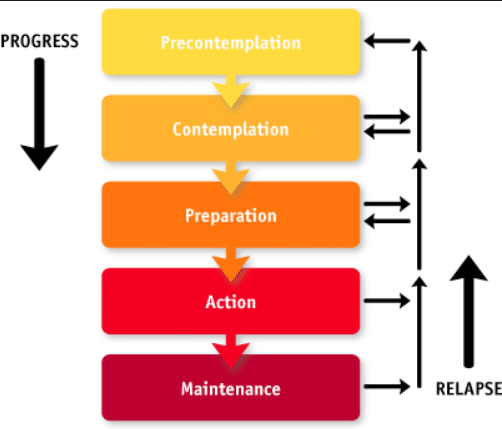
Guest Blog by Mary Beck, Chief Strategy Officer and ARISE® Interventionist, at The Council on Recovery
If someone you love is struggling with addiction, you have probably grappled with the following questions: What do I do? How do I talk to him? What should I say to her? Why doesn’t he see what he is doing or the pain and grief his addition is causing? Even if you have spoken with them about getting help or explored treatment programs for them, you may have ended up feeling confused, frustrated, sad, angry, and hopeless.

Conversations about getting help for addiction are usually made with the best of intentions and with love. Yet, they often culminate in arguments about the past and who knows best. We may not realize that we bring our own trauma and grief into these exchanges. Furthermore, we may believe that if we just explain to them what they are doing, they will want to change! Research and experience have shown this simply does not work.
As Martin Luther King, Jr. once said, “You don’t have to see the whole staircase, just take the first step.” To help a loved one struggling with addiction, one of the most effective approaches is to simply walk with them as they take their first step, but not to define their journey. The goal is not to get them where they need to go, but to empower them to see hope for the future and take action. This approach is central to the process known as intervention.
The Council on Recovery is a leading provider of intervention services in Houston. Our program is based on the ARISE® Intervention method, an invitational, non-confrontational, and transparent approach designed to respond to the love, fear, worry, and guilt of those living with an addicted loved one. Developed for use by highly-trained recovery specialists, the ARISE® intervention mobilizes and empowers the family and/or concerned members of the support system to motivate the addicted individual to enter and engage in treatment. As an intervention method, ARISE® gets over 83% of individuals into treatment within three weeks, 96% into treatment within six months and 61% in recovery by the end of the year.
The Council on Recovery employs two full-time ARISE® interventionists. Here’s how an intervention works: During the “First Call”, The Council’s interventionist will coach and empower you to (a) identify a recovery support “network” to participate in the process, and (b) teach you and another network member techniques on how to successfully invite the addicted individual to the first network meeting. The invitation is hopeful for the person’s future and based in love and empathy. It references previous loss and despair, but does not focus on stories of trauma and pain. It also does not focus on the action steps a person is being asked to take. It simply asks the addicted person to join the recovery support network with the other members and invites the person to the first meeting, which is led by The Council’s ARISE® interventionist.
An invitation may sound like this: “Let us help you get your life back. We love you. We know you love your children and want to be back in their lives. We have survived so much in this family already. Your father died young from alcoholism, let’s not allow this disease to do the same thing to your children. Let’s pull our family strength and courage together and stop this right here, right now!”
Though you may be skeptical about this approach, it does work! Many do not enter treatment the day of the first meeting. The intervention is a process, not an event. It may result in the addicted person agreeing to get an assessment or to one counseling session. Remember, they just have to take the first step, not see the whole staircase.
Though the intervention process can be highly effective, it’s best to keep expectations low at the beginning. After all, if someone came to you and said you had to completely change your life immediately and, by the way, you can’t live in the comfort of your own home for 30-90 days, you might not respond well either! But, with life in the balance, it is an effort well worth taking.

At The Council, we employ the Transtheoretical Model (or Stages of Change) to determine how ready a person is to make a change in a behavior. The stages are pre-contemplation, contemplation, preparation, action, and maintenance. We often hear stories of a spouse or a parent desperately trying to move their loved one from pre-contemplation to action in an hour……and then wonder why the person won’t listen. Human cognition and behavior are highly complex and need to be nurtured and engaged, not mandated or cajoled. But, for those who have tried everything else, it is a step in the right direction.
To find out if an intervention is appropriate to help you with a loved one who is struggling with addiction, and help them make the first step towards recovery, start at The Council on Recovery. We are ready to help with your “First Call”. Call us now 713.914.0556 or email us at help@councilonrecovery.org.
